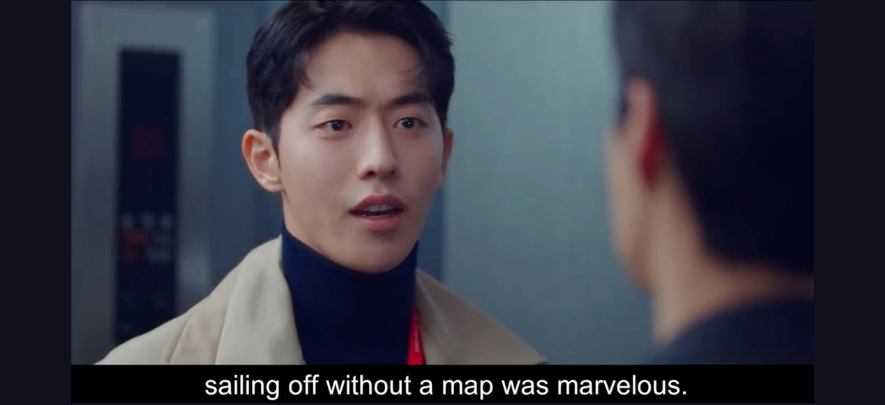Fail Fast, Fail Often: What does ‘sailing without a map’ mean in startup?

Inspirational
176 week ago — 3 min read
"The fastest road to success is failing fast and often." - Ryan Babineaux, Ph.D. and John Krumboltz Ph.D.
What does Nam Do San mean when he said the ‘sailing without a map’ strategy? To be fair, I’ll break down and talk about his strategy.
Startups always fail.
The US survival rate for startups is 1 out of 10 for the first year or two of operations, and even much lower for other countries like the Philippines. Thus, taking risks and venturing into the unknown is always a fine print when pursuing a startup.
Also read: Why these 3 Netflix originals will awaken your entrepreneurial spirit
But, the higher the risk, the higher the reward as my finance professor emphasizes in our class.
You take bigger risks, and you are also taking the chances of getting bigger rewards.
I want to emphasis on the 'chances,' because there would also be a probability for you to fail, a failure in the same magnitude. Thus, it is essential for us to take calculated risks. Find variables that increase your chances of winning.
Investors study the chances of winning and failing. The more certain they are for your startup to win, the higher the price they are willing to invest. Think of blue-chip stocks in the market. We are sure they would give a return but at a small amount. But invest in a stock that is fluctuating; you can either win big or lose big.
Sailing off without a map is definitely dangerous, but the map isn't your only tool as a sailor, you still have your sturdy boat, food supply, tools, companions, etc. that can keep you afloat. A map is just one of the hundreds of tools needed to ensure a successful sail.
Also read: Giving up is not an option. This mompreneur got her million deal after 4 years of trial and error
All in all, learn to take calculated risks. Invest what you can invest and possibly lose. Analyze the probabilities of success or loss. All these efforts may not give a 100% guarantee of success, but it can definitely reduce the risks of failing. Fail fast, succeed faster.
Image source: tvN
To explore business opportunities, link with me by clicking on the 'Invite' button on my eBiz Card.
Disclaimer: The views and opinions expressed in this article are those of the author and do not necessarily reflect the views, official policy or position of GlobalLinker
View Jason 's profile
Other articles written by Jason Occidental
Most read this week
Trending
How this sister duo got greater business exposure and sales with an online store
Ecommerce 157 week ago
5 Must-Have Emails for Your Online Store
Ecommerce 34 week ago












Comments
Please login or Register to join the discussion